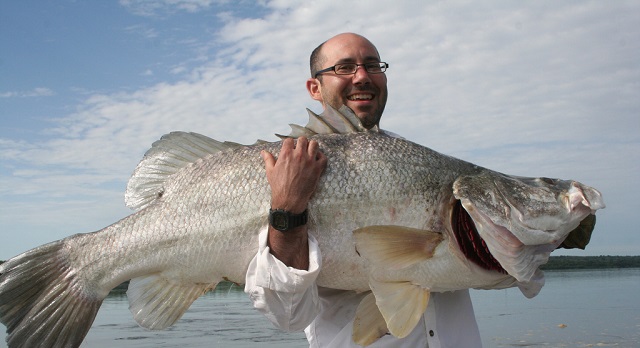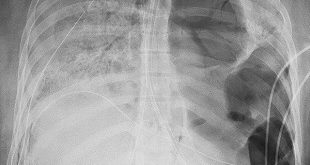
However, other fish traders got know of the meeting and they stormed it accusing MAAIF of corruption and it ended prematurely.
Another meeting convened by Wakabi for what he called “key actors and licensed stakeholders in the fishing industry” had been scheduled to take place at the MAAIF, Directorate of Fisheries Resources Boardroom at Entebbe on Jan. 25.
In a letter dated Jan.16, Wakabi said the earlier meeting at Kajjansi was “interrupted by uninvited actors forcing key stakeholders to abandon it”.
But this second meeting, The Independent has learnt, has been postponed for unknown reasons. The fish traders insist it was because of the pressure they had put on the ministry over those directives.
Fish traders cry foul
However, the fish suppliers are now crying foul that the two directives are a ploy by the fish processors and exporters, who are mostly Asian, to push Ugandans out of business.
They cite the example of the latter directive on not gutting fish outside factories as designed to prevent them from removing fish maws from fish before taking them to the factories.
They say that since the directive from the ministry, the factories processing fish have now refused to give back fish maws to suppliers.
Siraje Walusimbi, an executive member of the Uganda Fishmaws Traders Association (UFTA), which brings together traders in fish maws, says they have 20 member companies which trade in fish maws with 12 owned by Chinese traders and eight owned by Ugandans. However, it is only the Chinese companies which process the fish maws.
Alex Mukasa, a fish trader and a member of another organization called Uganda Fishing Industry Rescue Operation Team (UFIROT), said it is the owners of the fish factories who want to be to take all the proceeds from the fish and are influencing the ministry to give these directives.
“If the ministry doesn’t cancel this directive we shall take them to court,” a tough talking Mukasa said. He said, in any case, the MAAIF does not have capacity to implement the directive of not gutting fish outside factories when the practice goes on in markets which sell fish for domestic consumption.
“All landing sites have fisheries officers who ensure safety standards are kept and have built concrete platforms where the fish are cut and these have also been inspected by European Union officials and found to be safe and hygienic,” Walusimbi said.
They said the directorate of fisheries should invite all stakeholders in the fish business and not only caters for the interests of the wealthy exporters and processors.
The traders also reject The Association of Fishers and Lake Users of Uganda (AFALU) that claims to be representing the interests of fishermen, fish suppliers, and fish traders and is now working with UPDF’s Fisheries Protection Force to fight illegal fishing activities.
Efforts to contact Dr. Rukuunya over the new directives were futile as he was not picking his phone. However, the Executive Director, UFPEA, Ovia Katiiti Matovu said the directives by the ministry are meant to keep safety standards as required by the international markets.
 The Independent Uganda: You get the Truth we Pay the Price
The Independent Uganda: You get the Truth we Pay the Price



